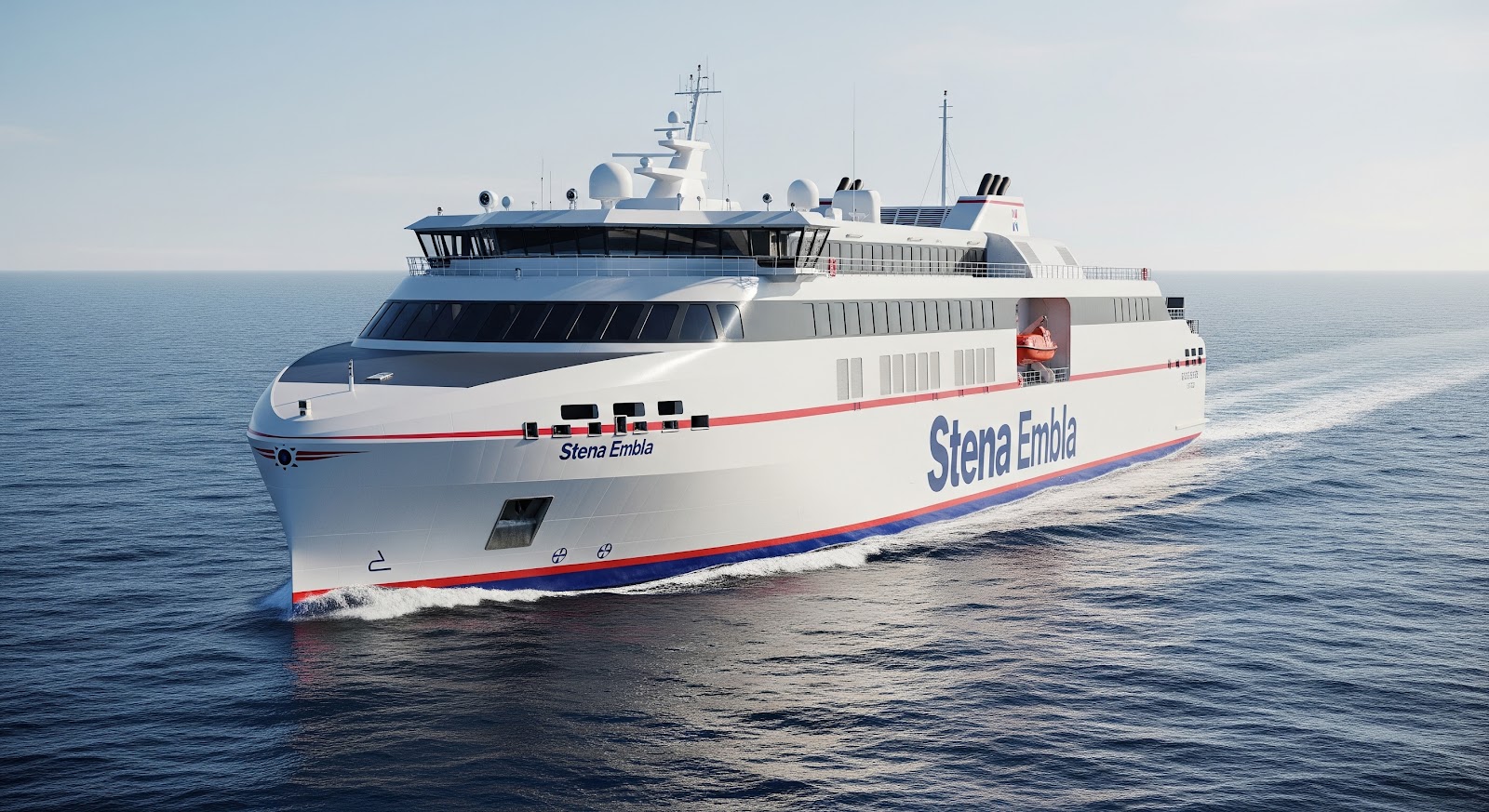Rotterdam, Netherlands — history was made as the world’s first fully autonomous shipping vessel successfully completed its maiden voyage. The vessel, Stena Embla, set sail from Rotterdam, Netherlands, and demonstrated groundbreaking advancements in the shipping industry. This milestone marks the beginning of a new era for global trade, where autonomous vessels will play an increasing role in reducing human error, optimizing fuel usage, and lowering operational costs.
The Stena Embla is equipped with advanced sensors, AI-powered navigation systems, and machine learning algorithms that allow it to independently navigate through busy shipping lanes, avoid obstacles, and adjust its route in real-time. The vessel is designed to operate without the need for human crew on board, though safety protocols include remote human oversight.
Henrik Persson Ekdahl, CEO of Stena Line, emphasized the significance of this achievement for the shipping industry: “Autonomous vessels are the future of the maritime industry. Not only do they offer tremendous efficiency gains, but they also improve safety and sustainability. This successful maiden voyage is a testament to our commitment to pioneering the next generation of maritime transport.”
The Stena Embla’s successful journey was closely monitored by Kongsberg Maritime, the Norwegian company responsible for providing the vessel’s autonomous navigation technology. The ship used state-of-the-art radar systems, LIDAR, and AI algorithms to make intelligent decisions, navigating through environmental factors such as weather, sea traffic, and potential obstacles. The Dutch Maritime Authorities played a crucial role in ensuring that the voyage adhered to safety standards, with an eye toward expanding regulations to accommodate more autonomous vessels in international waters.
The introduction of autonomous ships is expected to significantly transform the shipping industry by reducing human labor costs, improving operational efficiency, and lowering the environmental footprint. As technology continues to improve, more vessels are expected to follow in the wake of the Stena Embla, paving the way for a fully autonomous maritime future.

